Diarrhea is characterized by a liquid or soft consistency of stool, and much larger than usual (more than three bowel movements per day). Its most common cause is the ingestion of contaminated water or food. It lasts one or two days and then disappears without requiring treatment. Throughout its duration, it’s important to stay hydrated because the body can lose a lot of water and minerals through feces. This is especially important for children and the elderly, for whom dehydration can have more severe consequences. In fact, after only one or two days of diarrhea, young children dehydrate seriously. In industrialized countries, it is rare that diarrhea results in death. However, in underdeveloped countries, it is the second cause of mortality in children under five years.
Diarrhea: Short Brief On Digestion
Digestion is a biological process in which the food is degraded and converted into nutrients. Digestion begins in the mouth, where food is ground and mixed with saliva, then continues in the stomach that secretes digestive acids and juices continues to grind food for several hours. At the exit of the stomach, the predigested food (called chyme) continues degraded in the small intestine by the digestive juices from the pancreas and gallbladder. Transformed into nutrients, they can pass through the semipermeable membrane of the intestine and be absorbed by the blood and lymph. From there, they can circulate in the body and be used according to the needs of the organization—the food which has not been absorbed converts into feces in the colon.
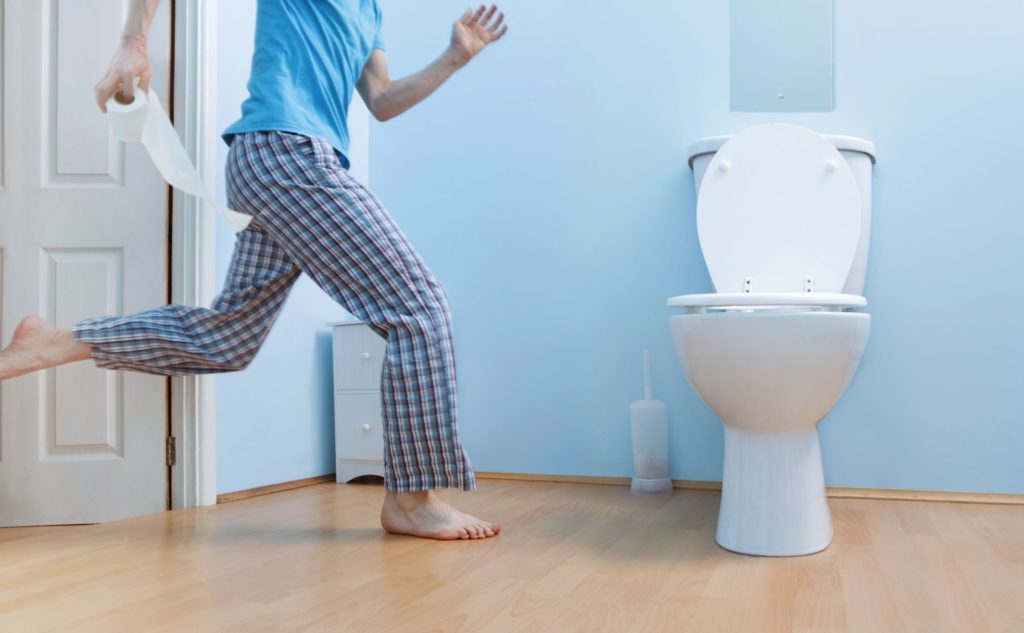
Diarrhea Treatment: More Follows
An adult drinks about 2 liters of fluid a day. The digestive system receives an additional 7 to 8 liters (saliva, gastric juices, bile, etc.). Thus, a total of 9 to 10 liters of liquid passes through the intestines daily. The majority of the water present in the feces is extracted during passage through the intestines. The body absorbs or “recycle” about 99% of the water that passes through the digestive system. This system is finely tuned; it suffices that this absorption rate 1% decrease (due to an infection, intestinal disease, etc.) to trigger diarrhea.
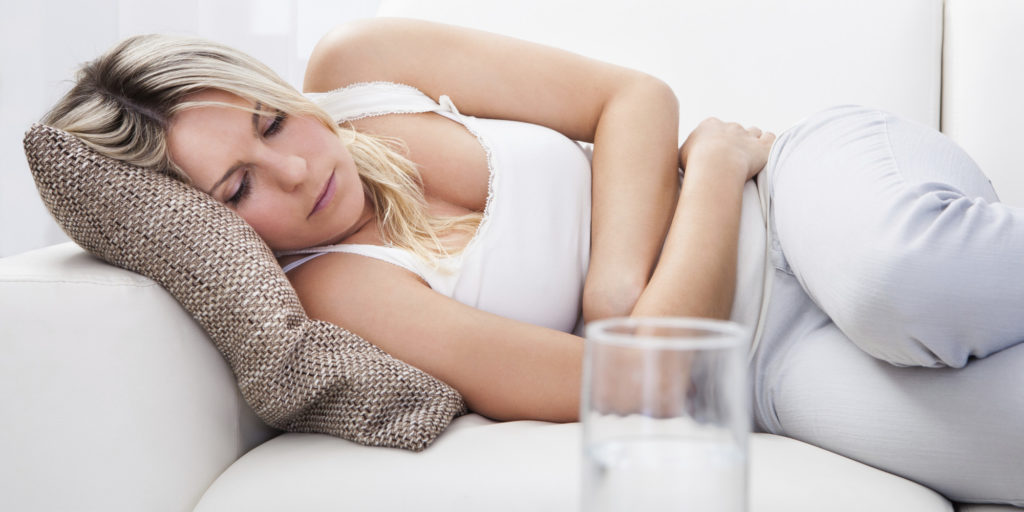
Diarrhea Causes
Diarrhea is an intestinal problem that involves either of the following three mechanisms. Sometimes they are present simultaneously.
- A lack of intestinal absorption of fluid in the stool
- Accelerated intestinal transit, preventing the drying of feces
- An abnormal passage of water and minerals from the body through the lining of the intestine
And when bowel disease is involved, diarrhea is often chronic. Here are the most common causes of diarrhea:
- Food poisoning (e.g., poultry infected with Salmonella or contaminated meat by the bacterium Escherichia coli)
- Viral gastroenteritis
- Stress or anxiety
- Taking antibiotics: it alters the intestinal flora, thus reducing the absorption capacity of the wall of the intestines. Antibiotics cause diarrhea in 5 to 30% of users, depending on the type of antibiotic used;
Chronic intestinal disease, celiac disease (gluten intolerance), Crohn’s disease, irritable bowel syndrome, etc.;
Lactose intolerance - Hyperthyroidism
Note that cholera can cause losses of 10 liters of diarrhea per day. However, it is very uncommon in industrialized countries.

Turista, traveler’s diarrhea
It is familiarly known as “Turista” all infectious diarrhea contracted while traveling. Each year, 20-50% of travelers experience it. The destinations at risk are Latin America, Africa, the Middle East, and Asia. The ingestion of food or water contaminated with bacteria is the leading cause. That said, travel, stress, adventure, fatigue, jet lag, and whack eating habits can also trigger diarrhea.

Diarrhea: Possible complications
Dehydration and the problems it can cause are the main complications that can occur, and it is important to try to avoid it. Furthermore, people on antibiotics can have their diarrhea worse if they become infected with Clostridium difficult. This occurs most often in hospitals. It secretes two toxins (A and B) that cause severe diarrhea speeding intestinal transit, and reducing fluid absorption in the intestines. Thus, once completed antibiotic treatment, if the diarrhea is severe or that persists, consult a doctor immediately. Until a third of antibiotic-associated diarrhea caused by this bacterium are: a small proportion of them worsen.
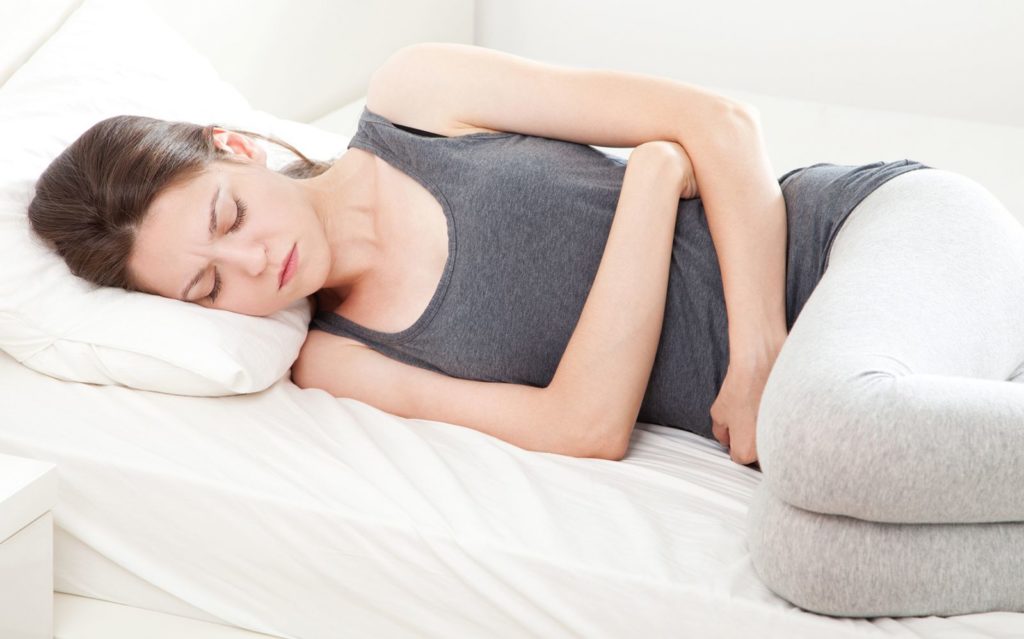
Diarrhea Symptoms
- Loose or watery stools
- More frequent urges to defecate
- Pain and abdominal cramps
- Bloating
- Signs of dehydration
- Thirst
- A dry mouth and skin
- The need to urinate less frequently, and darker than usual urine
- Irritability
- Muscle cramps
- Loss of appetite
- Physical weakness
- Hollow eyes
- Shock and fainting
All individuals may have diarrhea at one time or another. Several situations may be the cause. See the list of causes above.

Diarrhea Treatment
1. Prevent dehydration
Drink every day at least 1-2 liters of water, boil vegetables or lean meat, rice or barley water, clear tea, or soft drinks without caffeine. Avoid alcohol and drinks that contain caffeine, which has the effect of increasing the loss of water and minerals. Also, avoid drinking several glasses of soft drinks because their high sugar content can cause diarrhea. Adults who have severe diarrhea – as is sometimes the case for traveler’s diarrhea – should drink a rehydration solution. Procure pharmacy (Gastrolyte®). Some older people, as young children, may have more difficulty feeling their need for water expressed in thirst.
Rehydration solutions
- Recipe of the World Health Organization (WHO): Mix 1 liter of sterile water, 6 c. Coffee (= tea) sugar and 1 tsp. Coffee (= tea) salt.
- Another recipe: Mix 360 ml of unsweetened orange juice with 600 ml of cooled boiled water, mixed with 1/2 tsp., coffee (tea) of table salt.
Conservation: These solutions can be stored for 12 hours at room temperature and 24 hours in the refrigerator.

2. Advice about diet
As long as significant discomfort persists, it is best to avoid the following foods, which aggravate cramps and diarrhea.
- Dairy products
- Citrus juices
- Meat
- Spicy dishes
- The sweets
- The high-fat foods (including fried)
- Foods that contain wheat flour (bread, pasta, pizza, etc.)
- Corn, which is high in fiber
- Fruits, except bananas, which would be somewhat beneficial, even in young children 5 to 12 months
- Raw vegetables
Reintroduce first starches like white rice, cereals without sugar, white bread, and crackers. It may be that these foods cause slight discomfort. It is better to endure than to stop eating. Gradually add fruits and vegetables (potatoes, cucumber, squash), yogurt, and protein foods (lean meat, fish, egg, cheese, etc.).
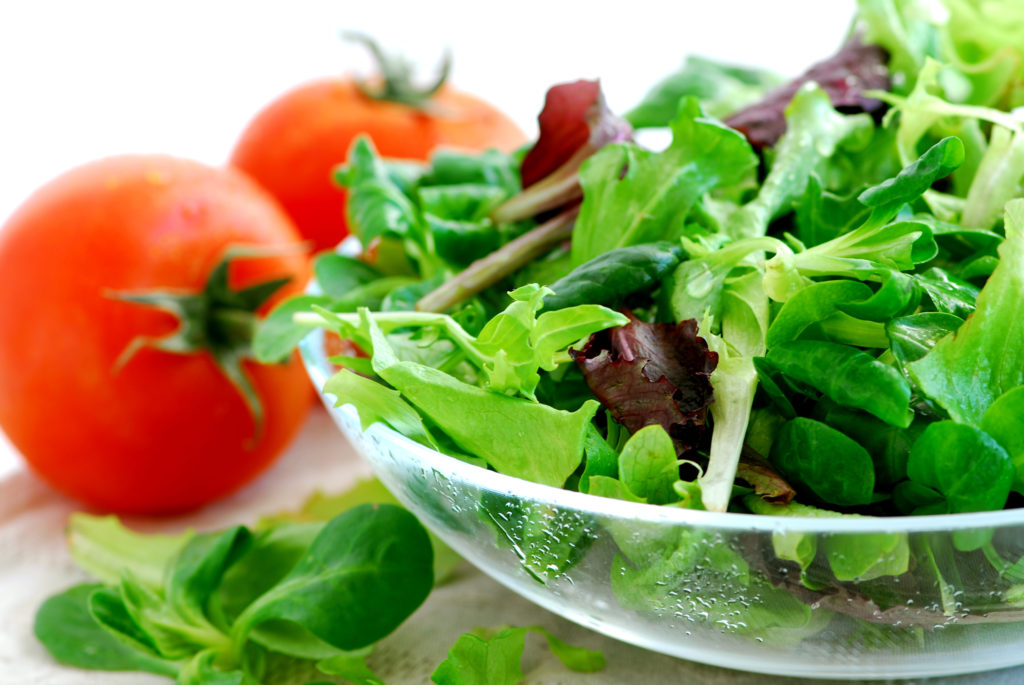
3. Pharmaceuticals
It is best not to treat diarrhea, even if it causes discomfort. Consult a physician before taking any medication against diarrhea, even those available over the counter. Some products prevent the body from eliminating infection: they are so unhelpful. Furthermore, if blood is found in the stool or severe abdominal cramps are felt, it is imperative to consult a doctor. Some medications can be convenient for travelers who have to travel long distances, buses, or cars or do not readily have access to medical services. Antiperistaltic drugs stop diarrhea by slowing bowel movements (e.g., loperamide, or as Imodium® Diarr-Eze®). Others reduce the secretion of water into the intestines (e.g., bismuth subsalicylate, and Pepto-Bismol, which also acts as an antacid). Besides, if necessary, antibiotics can overcome diarrhea caused by bacteria or a parasite.
Warning: Diarrhea can interfere with the absorption of drugs, which may make them less effective. Consult a doctor if in doubt.
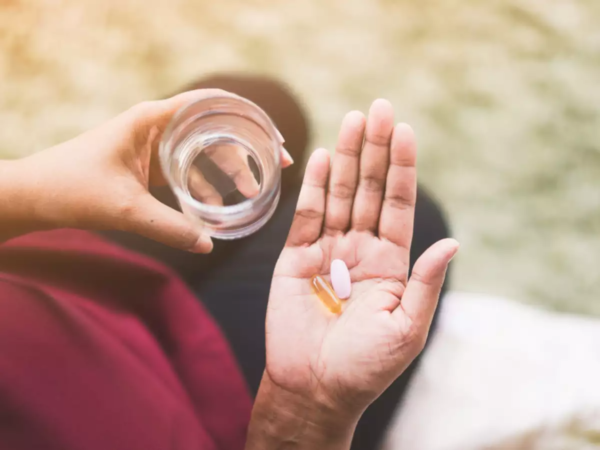
4. Hospitalization
In more severe cases, hospitalization may be necessary. The doctors used an intravenous drip to rehydrate the body. Antibiotics are prescribed as needed to treat severe bacterial diarrhea.


